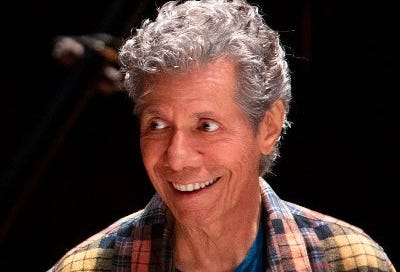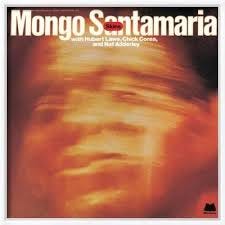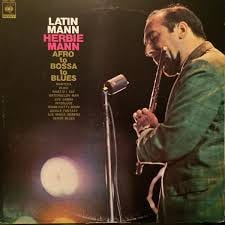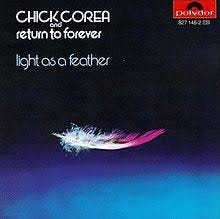Tracing the Latin-Jazz Roots of Chick Corea
Before Return To Forever’s world culture classic Light As A Feather, before he began making records under his own name, the pianist Chick Corea had foundational experiences playing Latin jazz in New York bands led by the percussionists Mongo Santamaria and Willie Bobo. And at the same time, Corea recorded with such established names as Herbie Mann and Dave Pike.
Corea, who died this week at age 79, later regarded this period in the 1960s as a vital part of his musical development. In interviews, he talked about his encounters with Latin beats growing up in Boston. On a gig while he was still in high school, a percussionist taught him a basic piano montuno pattern – and then gave him a stack of important records, opening up what became one of Corea’s lifelong avenues of inquiry. During a 2019 interview I did with Corea for Jazz Times, he credited Santamaria with connecting him to the fine points of rhythms like son, rumba and cha-cha. He remembered picking up the nuances very quickly.
“I went….’I know this somehow.’ I’ve been here. I don’t know when or where but this is really natural. For me it took what I had gotten into as a serious student of bebop and jazz into an openness, a feeling within the music of people dancing and having fun. Which suited me. I liked that. I needed that.”
Corea’s first album as a leader came out in 1968. But he began making records years before that, as part of Santamaria’s band, then with Bobo on the landmark Sonny Stitt set Stitt Goes Latin (alas not on Spotify), then on records by Herbie Mann and others. Mann’s 1965 Latin Mann: Afro To Bossa To Blues features Corea alongside the Puerto Rican keyboard great Charlie Palmieri.
Two things about this playlist, which focuses on Corea’s early work as a Latin-jazz sideman: First it establishes a straight solid line between these formative gigs and later compositions like “Spain” and “La Fiesta” and albums like Light as A Feather.
It also argues for an idea that prevails throughout Corea’s long career: He went deep into the details and learned the specifics of the musical languages he was exploring. He wasn’t Hispanic, but earned himself a spot in the bands of Santamaria (and others) because he clearly understood the basics of the styles, the unspoken conventions. He respected the traditions – and worked to learn them, and then extend them. (For proof of just how deep Corea was inclined to go, cue up anything from My Spanish Heart.).
When we lose a dizzyingly prolific legend like Chick Corea, the bulk of the attention inevitably goes to the work itself – the amazing albums, the memorable tours, unlikely projects like the challenging symphonic music he’d been writing. With Corea, those contributions are different expressions of a common root: Curiosity.
Yes, we have a fancy digital suggestion box. Share your favorite Underloved/Overlooked records here: echolocator@gmail.com.
Please consider subscribing (it’s free!). And…..please spread the word! (This only works via word of mouth!)








